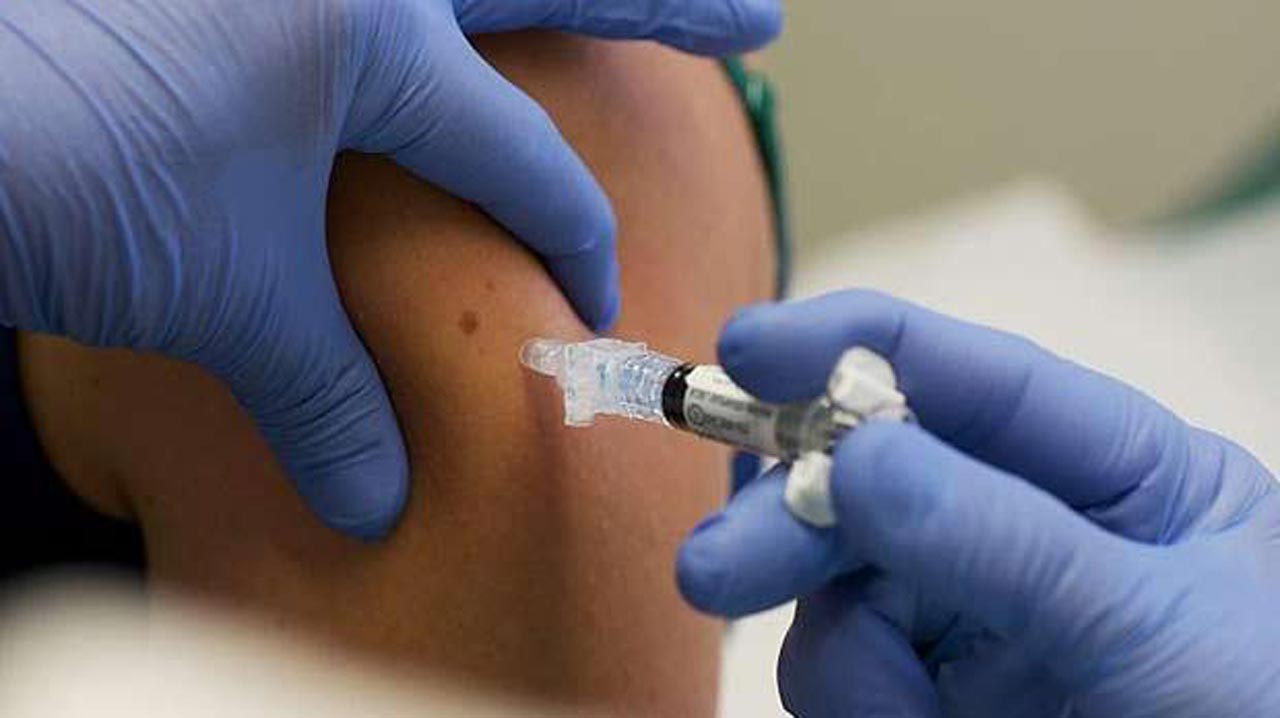The epidemiologist added that everyone – be infants, young children, adolescents, and older people – are at its mercy, with major risk factors being overcrowding and poor ventilation. Ihekweazu called on all stakeholders to increase sensitization on the ailment nationwide.
According to him, meningitis is the inflammation of the membranes, known as meninges that protect the brain and spinal cord from infection and direct physical injury. The infection of the meninges by microorganisms such as bacteria or viruses, he added, results in the condition known as meningitis, a complicated situation that could lead to death if untreated.
A cursory look into the history of fatalities in the country revealed that in 1996, ‘N. meningitis serogroup A’ killed 11,717 of the 109,580 recorded cases with subsequent epidemics in 2003, 2008 and 2009. Sequential outbreaks of ‘serogroup C’ were witnessed in 2013 and 2014 in North West, followed by what is possibly the largest global ‘serogroup C’ epidemic ever reported with 14,518 suspected cases between December 13, 2016, and June 15, 2017.
In the 2017/2018 season, about 3467 suspected cases were reported with 303 deaths. Meanwhile, the World Health Organisation (WHO) has called for renewed political commitment to eliminate malaria through increased investment in prevention and control. The 2018 World Malaria Report showed an increase of 3.5 million incidents in the 10 highest burden African nations when compared to the figures of 2016.WHO Regional Director for Africa, Dr. Matshidiso Moeti, made the appeal yesterday in Abuja ahead of the 2019 World Malaria Day holding today.
Source: Guardian

 As the World Meningitis Day (WMD) held yesterday with the theme, Life After Meningitis”, the Nigeria Centre for Disease Control (NCDC) released fresh frightening statistics about the contagious disease wherein 58 persons were killed and 760 others infected in 15 states. Noting that the epidemic affects some 2.8 million people every year globally, NCDC’s Director General, Dr. Chikwe Ihekweazu, noted that the menace remained a major public health issue affecting countries in the African meningitis belt.
As the World Meningitis Day (WMD) held yesterday with the theme, Life After Meningitis”, the Nigeria Centre for Disease Control (NCDC) released fresh frightening statistics about the contagious disease wherein 58 persons were killed and 760 others infected in 15 states. Noting that the epidemic affects some 2.8 million people every year globally, NCDC’s Director General, Dr. Chikwe Ihekweazu, noted that the menace remained a major public health issue affecting countries in the African meningitis belt.




